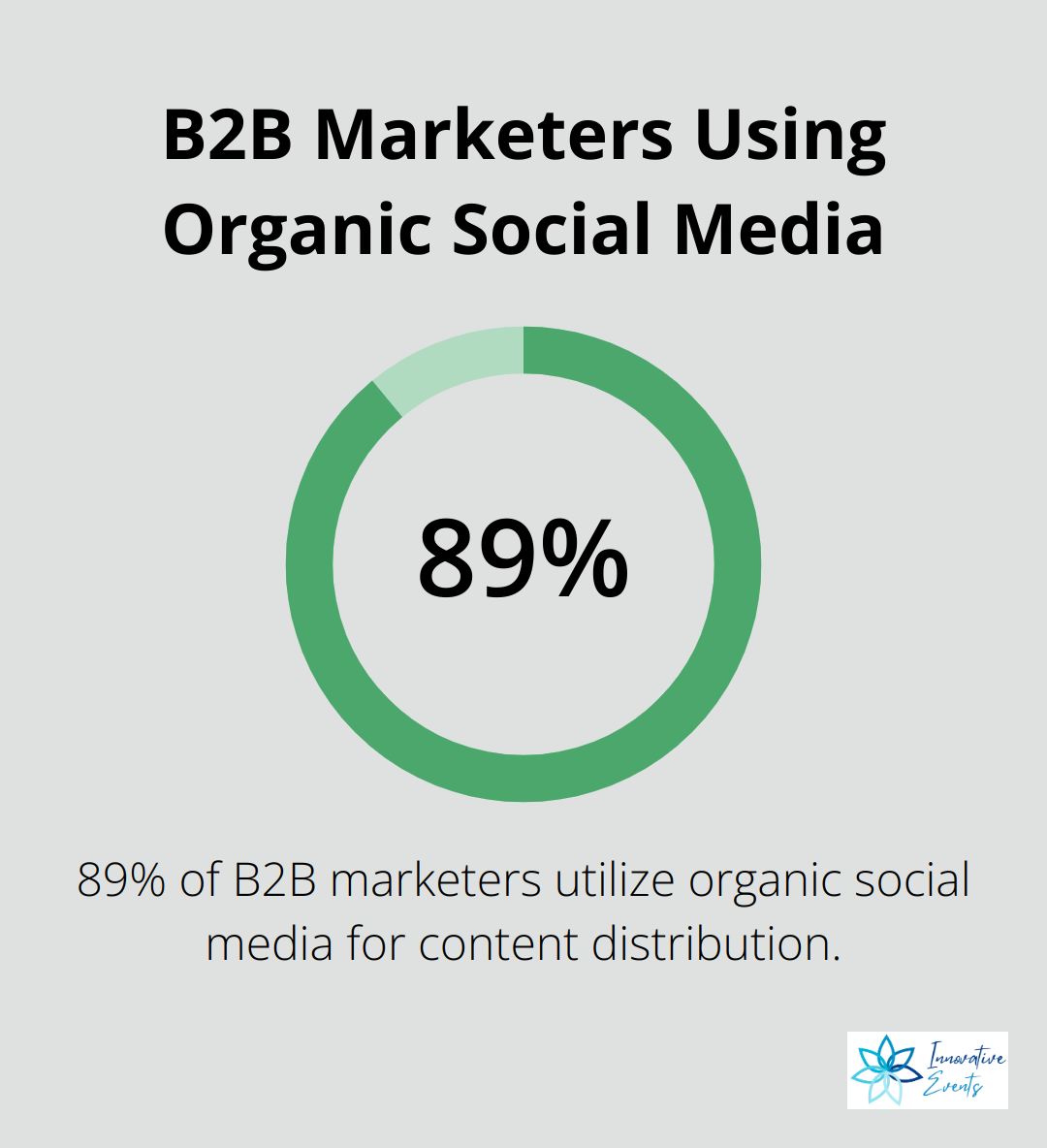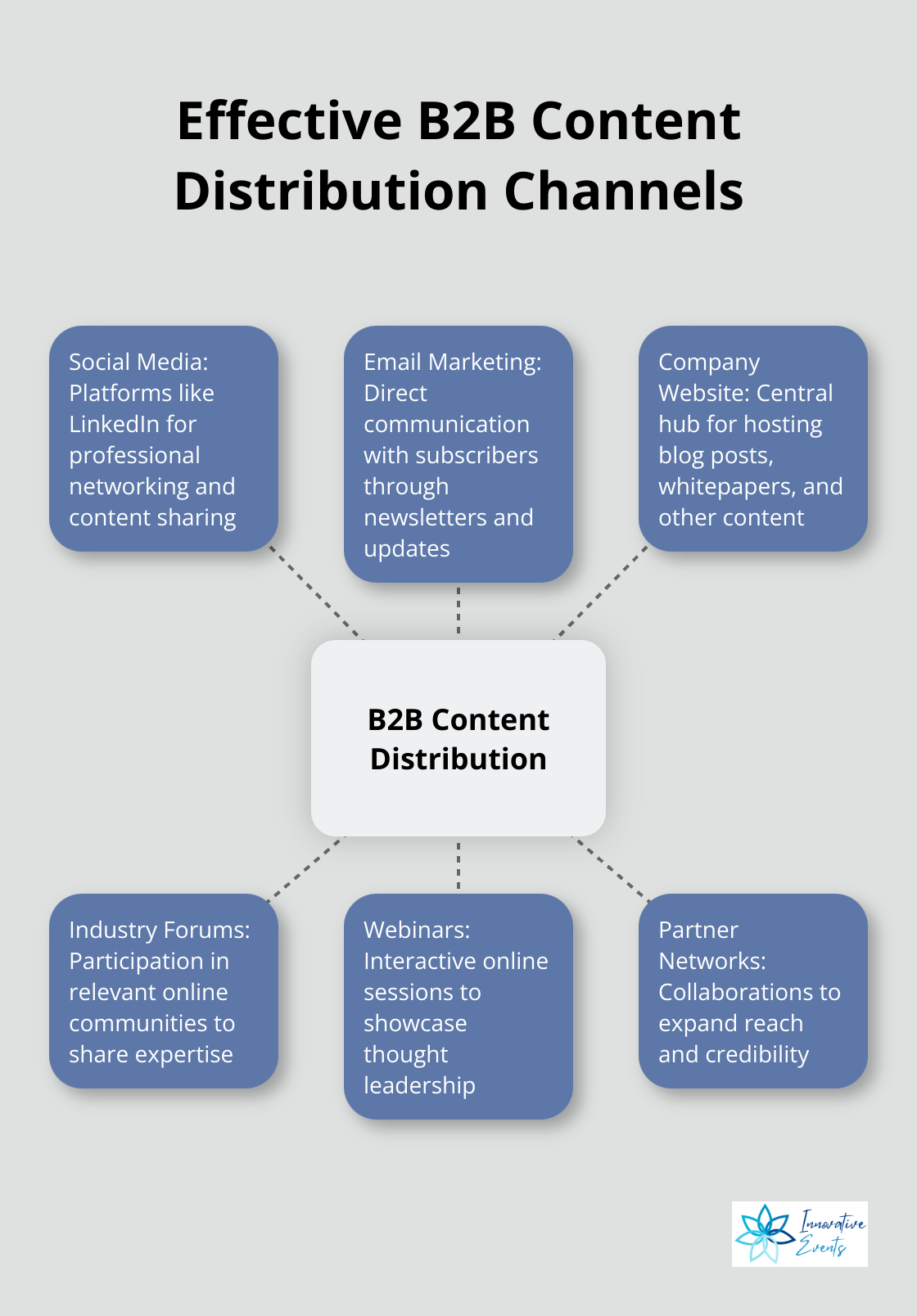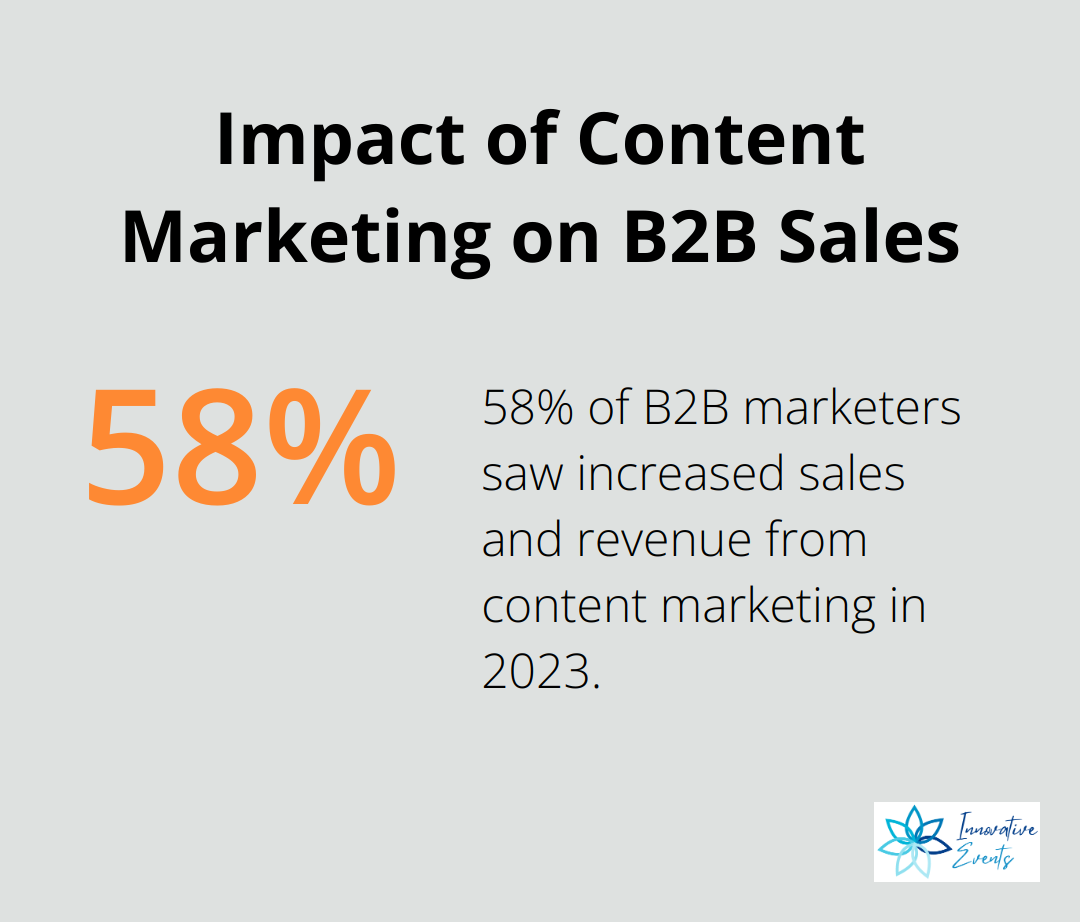Strategic content marketing is the cornerstone of modern digital success. It’s not just about creating content; it’s about crafting a purposeful strategy that aligns with business goals and resonates with the target audience.
At Innovative Events, we’ve seen firsthand how a well-executed content strategy can transform businesses and drive remarkable results. This post will guide you through the essentials of mastering strategic content marketing for lasting success.
What Is Strategic Content Marketing?
The Essence of Strategic Content Marketing
Strategic content marketing involves creating and sharing valuable content to attract and engage a specific audience and drive profitable customer action. This approach transforms businesses by creating a cohesive narrative that aligns with business objectives and resonates with the target audience. It’s not about random blog posts or social media updates; it’s about crafting a purposeful strategy that yields tangible results.
The Impact of Strategic Content Marketing
In today’s digital landscape, strategic content marketing proves essential. It enables businesses to cut through the noise and establish meaningful connections with their audience. Content Marketing Institute reports that 89% of B2B marketers use organic social media platforms to distribute content, underscoring its widespread adoption and effectiveness.

One of the primary advantages of this approach lies in its ability to build trust and credibility. By consistently providing valuable information, brands position themselves as industry authorities. This trust translates into customer loyalty and, ultimately, increased sales.
Key Elements of a Successful Strategy
A successful content strategy rests on several key elements:
- Audience Understanding: This involves the creation of detailed buyer personas and mapping of the customer journey.
- Clear, Measurable Goals: These range from increasing website traffic to generating more qualified leads. Specific objectives allow for accurate measurement of success.
- Content Creation and Distribution: This element involves decisions about content types (e.g., blog posts, videos, podcasts) and distribution channels. A content calendar ensures consistency and aligns content with key business initiatives.
The Departure from Traditional Marketing
Strategic content marketing differs significantly from traditional marketing approaches. While traditional marketing often interrupts consumers with promotional messages, content marketing prioritizes value provision.
Traditional marketing typically operates as a one-way communication channel, whereas content marketing encourages engagement and dialogue. It focuses on relationship-building rather than sales pitches.
Furthermore, content marketing adopts a longer-term focus. It creates assets that continue to provide value over time, rather than short-lived campaigns. This approach aligns well with changing consumer behavior, where people actively seek information before making purchasing decisions.
As we move forward, let’s explore how to develop a winning content strategy that capitalizes on these principles and drives real business results.
How to Craft a Winning Content Strategy
Know Your Audience Inside Out
The first step in crafting a winning strategy requires a deep understanding of your audience. This goes beyond basic demographics. You need to know their pain points, aspirations, and behaviors. Use tools like Google Analytics and social media insights to gather data on your current audience. Conduct surveys and interviews to get qualitative insights.
For example, if you target B2B tech companies, you might find that their primary concern involves staying ahead of rapid technological changes. This insight can guide your content creation, focusing on topics like emerging tech trends or how to future-proof businesses.
Set SMART Goals and Track Them
Your content strategy needs clear, measurable goals. Use the SMART framework: Specific, Measurable, Achievable, Relevant, and Time-bound. Instead of a vague goal like “increase website traffic,” try something like “increase organic traffic by 25% in the next six months.”
Choose KPIs that align with your business objectives. If lead generation is your primary goal, focus on metrics like conversion rates and qualified leads generated. Tools like Google Analytics and HubSpot can help you track these KPIs effectively.
Plan and Distribute Strategically
A content calendar proves essential for consistency and alignment with business goals. Plan your content at least a quarter in advance, considering seasonal trends, product launches, and industry events.
Don’t just create content and hope for the best. Have a solid distribution plan. The most effective B2B marketers use an average of six distribution channels. Tailor your distribution strategy to where your audience spends their time. If they’re professionals, LinkedIn might be your primary platform. If they’re younger consumers, TikTok or Instagram could be more effective.

Different types of content work better on different platforms. Long-form articles might perform well on your blog and LinkedIn, while short videos could be more effective on Instagram or TikTok.
Map Content to the Buyer’s Journey
Your content should guide potential customers through their buying journey. Aligning content with each stage of the buyer’s journey – typically top, middle, and bottom – helps you provide value, build trust, and guide customers toward a purchase decision.
For instance, if you sell project management software, your awareness stage content might include a blog post on “Top 5 Project Management Challenges.” For the consideration stage, you could create a whitepaper on “How to Choose the Right Project Management Tool.” In the decision stage, offer a detailed case study of a client who successfully implemented your software.
Aligning your content with the buyer’s journey increases the likelihood of providing value at each stage and guiding potential customers towards a purchase decision. This strategic approach (which companies like Innovative Events excel at) sets the stage for the next critical step: implementing effective content marketing tactics that will bring your strategy to life and drive real results for your business.
How to Execute Effective Content Marketing Tactics
Craft Content That Resonates
The key to compelling content lies in understanding your audience’s pain points and providing solutions. Use data from customer surveys, social media interactions, and sales team feedback to inform your content creation. For instance, if you target small business owners, address common challenges like time management or budget constraints.
58% of B2B marketers said content marketing helped boost their sales and revenue in 2023. To achieve this, focus on creating educational content that showcases your expertise without being overly promotional. Case studies, how-to guides, and industry reports serve as excellent formats for this purpose.

Master the Art of SEO
Search engine optimization plays a vital role in content visibility. Start by conducting thorough keyword research using tools like SEMrush or Ahrefs. Focus on long-tail keywords that have lower competition but high relevance to your target audience.
Incorporate these keywords naturally into your content, including headers, meta descriptions, and image alt text. However, prioritize readability and value over keyword density. Google’s algorithms understand context and intent, so focus on creating high-quality content that serves your audience’s needs.
Diversify Your Content Formats
Different audiences consume content in various ways. While blog posts remain popular, don’t overlook other formats. Videos, for example, have become increasingly important.
Infographics serve as another powerful tool, especially for complex data or processes. They’re highly shareable on social media and can significantly boost engagement.
Leverage Social Media Strategically
Social media functions as more than just a distribution channel; it’s a platform for engagement. Tailor your content to each platform’s unique characteristics. For instance, LinkedIn works well for in-depth industry insights, while Instagram suits behind-the-scenes content and short-form videos.
Engage with your audience by responding to comments, asking questions, and participating in relevant conversations. This approach not only increases your visibility but also builds a community around your brand.
Measure and Analyze Performance
The final step involves measuring your content’s performance. Use tools like Google Analytics to track metrics such as page views, time on page, and bounce rates. For social media, look at engagement rates, shares, and click-throughs.
Don’t stop at collecting data. Analyze it to understand what works and what doesn’t. For example, if you notice that your how-to videos consistently outperform your written guides, consider shifting more resources to video production.
Content marketing requires an iterative process. Use these insights to continuously refine your strategy and tactics. Staying agile and responsive to your audience’s needs and preferences will position you for long-term success in your content marketing efforts.
Final Thoughts
Strategic content marketing has become an essential tool for businesses in the digital age. Companies can reach their target audience, build trust, and drive meaningful results through a well-planned strategy. The power of strategic content marketing provides value to consumers while achieving business objectives.
We explored key components of a successful content strategy in this post. Understanding your audience, setting clear goals, creating a robust content calendar, and aligning efforts with the buyer’s journey all play vital roles in marketing success. Implementing effective tactics such as crafting compelling content, optimizing for search engines, and leveraging various content formats enhances strategy impact.
At Innovative Events, we understand the transformative power of strategic content marketing. Our personalized, integrative lifestyle program for busy executives mirrors effective content strategy principles – tailored, value-driven, and results-oriented. A well-executed content strategy can elevate your brand, engage your audience, and drive sustainable business growth (just as we help executives enhance their health and performance through customized plans).

